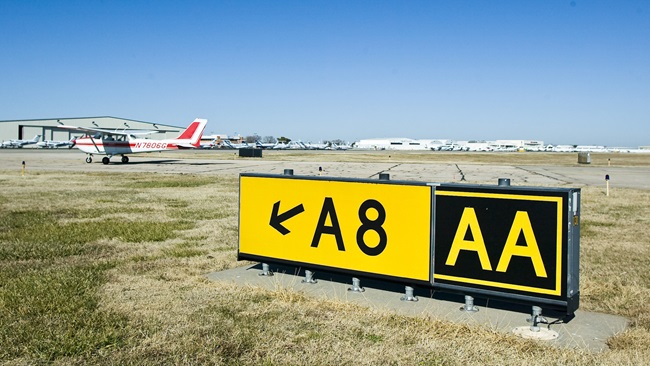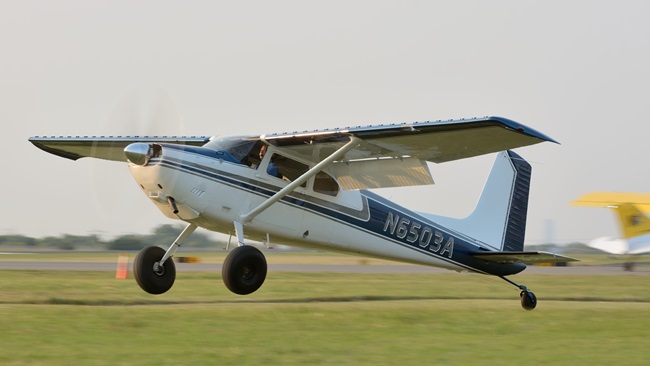Building on an already strong safety culture of education and awareness, the FAA, AOPA, and 10 other industry associations have signed a letter asking pilots to ensure their personal awareness of the effects of some over the counter (OTC) medications when flying. The letter urges pilots to learn and think more carefully about exposure to the potential impairment of certain medications.
The letter, issued July 16, highlights many of the issues that AOPA and the Air Safety Institute have focused on in their outreach efforts and presentations that seek to educate members about pilot health and safety issues. AOPA has been, and continues to be, proactive about safety. Although a relatively low number of accidents had impairing medications, the industry strives to learn from each accident and better educate the pilot community on ways to avoid future accidents.
Research by the General Aviation Joint Steering Committee (GAJSC), which the AOPA Foundation's Air Safety Institute and the FAA co-chair, indicated that medications currently prohibited by the FAA were found to be present and possibly causal or contributory in 11 out of 90 fatal general aviation accidents randomly selected from a 10-year period and analyzed by a working group studying loss of control.
“We are also concerned that pilots might not be aware of the ubiquitous presence of sedating antihistamines in many over -the-counter (OTC) treatments for common allergies, coughs, colds and sleep aids,” the letter says in part. “Industry and government both share concerns that a few general aviation pilots are taking impairing medications while operating aircraft without fully understanding their adverse effects.”
“Further, we are concerned that pilots may not be afforded the opportunities to discuss the side effects of prescription medications with fellow airmen and their treating doctors.” The FAA does not make publically available a list of medications that are not accepted for flying. In order to better educate pilots about such medications, AOPA has for many years maintained a database of nearly 500 drugs that are accepted by the FAA.
The letter urges pilots to become better-educated health care consumers by reading all medicine labels and discussing possible side-effects with their treating physician. Pilots should examine whether the medication being taken would affect their ability to think clearly or perform highly complex piloting tasks. The letter urges pilots to wait at least five “maximal dosing intervals” after discontinuing a medication before flying again. For example, if a medication can be taken every five hours, a pilot should wait a minimum of 25 hours after they last take it before they fly.
AOPA resources
All pilots learn that evaluating their fitness to fly begins with a rudimentary self-assessment captured in the acronym “I’M SAFE.” The letters remind you to evaluate your condition concerning Illness, Medication, Stress, Alcohol, Fatigue, and Emotion when deciding whether to fly.
AOPA provides a staff of five full-time specialists dedicated to assisting members with aeromedical issues. In addition, the association provides significant and relevant information on our website to educate pilots on aeromedical factors and medication usage.
Going beyond that, AOPA members have a wide variety of information to choose from to better their understanding of the effects of over-the-counter and prescription drugs, and to evaluate their fitness prior to each flight. The Air Safety Institute’s safety quiz on Aeromedical Factors gives pilots an opportunity to refresh their understanding of the important considerations.
The Air Safety Institute Flight Risk Evaluator, available under the flight planning tab at AOPA Online, is a tool that takes all categories of risk into consideration when assessing the go/no-go decision for a proposed flight.
Aging Gracefully, Flying Safely is an online course from the Air Safety Institute that guides pilots through the process of adjusting their practices and decision making for the inevitable changes pilots face as they age
Many other articles (including numerous installments of the AOPA Pilot Never Again series), videos including “Fly Well” segments on AOPA Live This Week by Dr. Jonathan Sackier; and informational publications available at AOPA Online focus on specific aspects of pilot health and safety.


